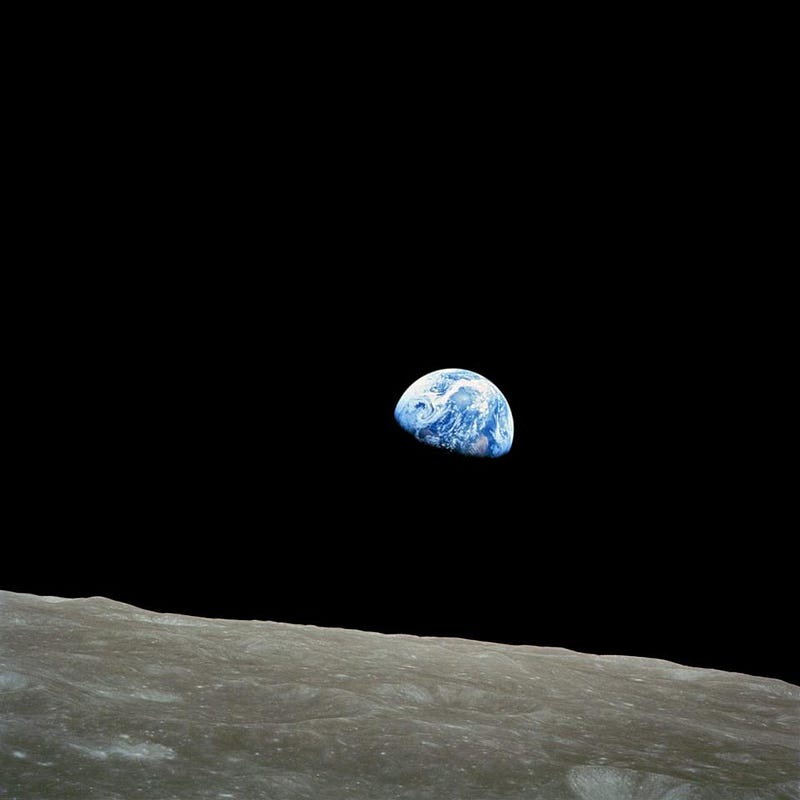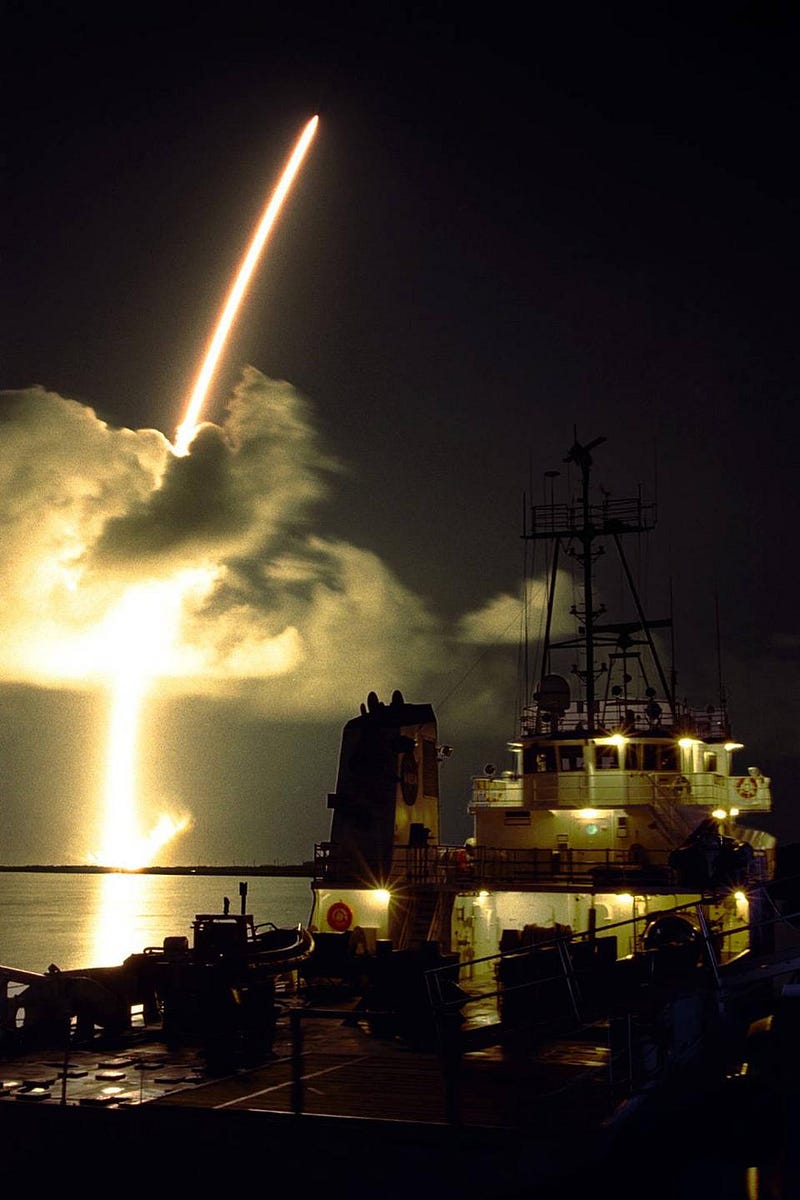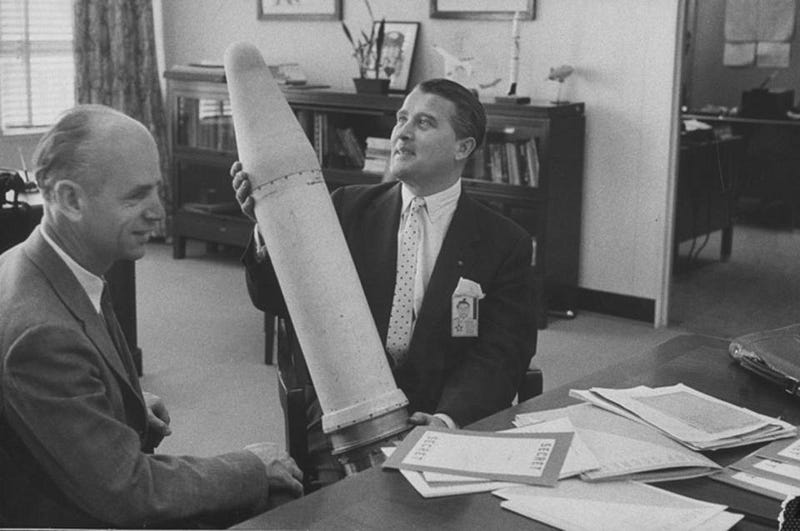It’s a very different story than the kind we normally tell one another. In our modern world, we’re often looking for instant gratification, for a near-term reward or return, and for immediate improvement. But science isn’t always like that. Nuclear power wasn’t harnessed for decades after the idea was first proposed; the Higgs boson was only found after over 40 years had passed and billions of dollars were invested in its search; gravitational waves weren’t found until a full century had passed from Einstein’s theory to LIGO’s discovery. Yet each of these achievements, along with countless others, have helped bring about the modern world, with billions of people enjoying a higher quality of life than ever before.
I like to think that everyone in the world would share Stuhlinger’s vision, and that same commitment to invest in the Earth’s long term prosperity. Stuhlinger was the driving force behind Explorer 1, the United States’ first satellite to orbit the Earth, launched just months after Sputnik. Stuhlinger dreamed of a manned mission to Mars as early as 1958, and advocated for increased investment in science and exploration throughout his entire life. He passed away, at the age of 94, back in 2008, as one of the last surviving members of Operation Paperclip.




No comments:
Post a Comment